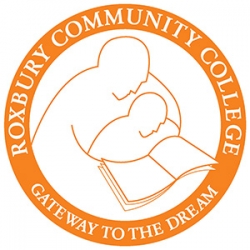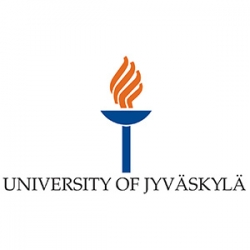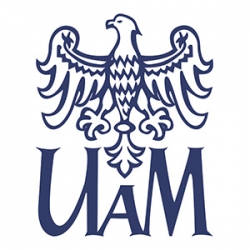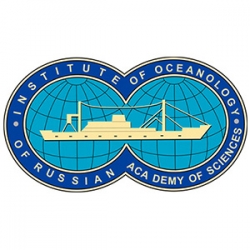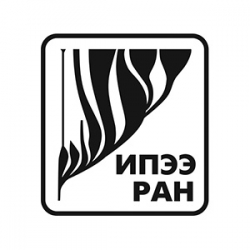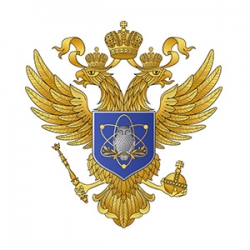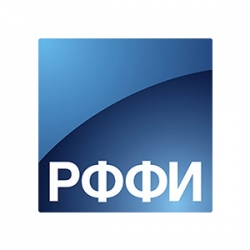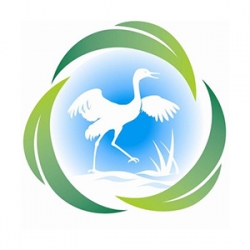Research centers and laboratories
The distinctive feature of research at the university is a close linkage of research subject with the priority directions of national and world science development. Research is often cross-discipline and driven in cooperation with foreign scientists, foreign and national research centers and institutions. Just some of our partners:

